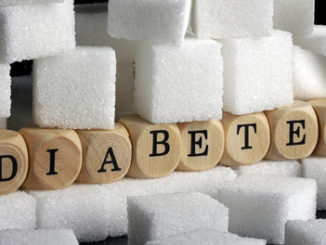Arthritic Joints May Need Different Treatments Due to Diverse Epigenetic Signatures
Arthritis is a widespread, debilitating disease characterized by inflammation of the joints. It affects at least 52 million adults in the United States – that’s more than 1 out of every 5 people, according to the CDC. Although medication has improved in recent years, the diversity in pathogenic pathways in certain types of arthritis, for example, rheumatoid arthritis (RA), makes it difficult to pinpoint and alleviate pain in specific joints. Often times, clinical trials for drug treatments focus on alleviating [more…]











